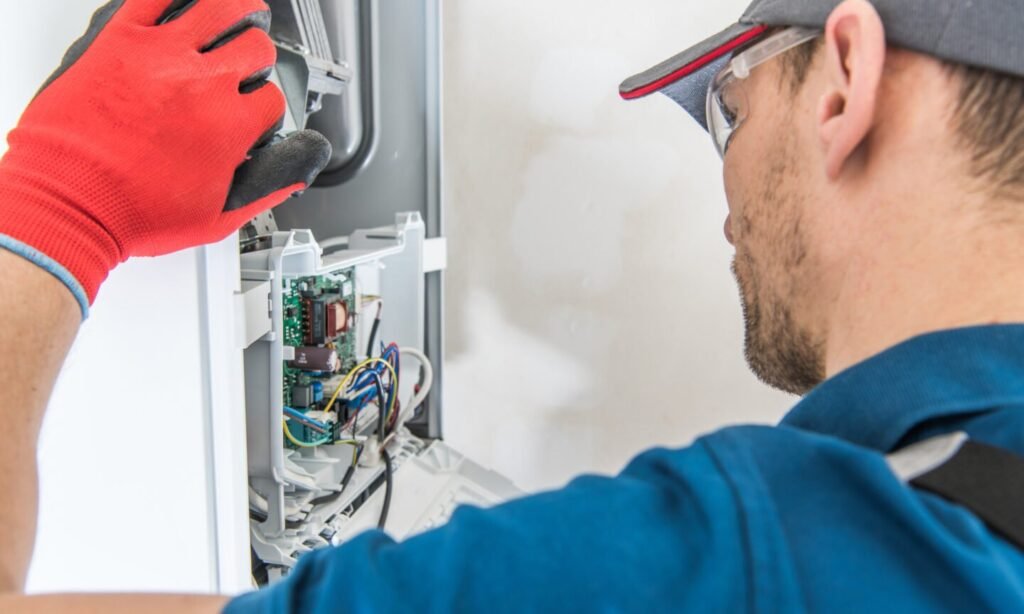The average cost to replace a furnace is approximately $4,800, with prices ranging from $2,800 to $6,800, as reported by the home services website Angi. This cost includes the price of the furnace, labor for installation, permits, and duct installation or removal if necessary.
Several factors influence the total cost of furnace replacement, such as the type of furnace and its heating capacity based on the size of your home. The age of your current furnace and ductwork can also impact the final cost, as furnaces typically last around 20 years, and older ductwork may not be compatible with a new unit.
There are five main types of furnaces, each with different cost ranges and features. Options include low maintenance with a low installation cost but higher monthly expenses, as well as more efficient models that are cost-effective to run but require ductwork. Additionally, eco-friendly options exist, although they may come with higher oil costs.
Natural gas furnaces are the most common type, with energy-efficient models costing more initially but resulting in long-term savings. The heating capacity of your furnace is measured in British thermal units (BTUs) and should be approximately 30 to 60 BTUs per square foot of your home, with higher capacities needed for colder climates or less energy-efficient homes.
Labor costs for furnace replacement typically range from $75 to $100 per hour for a standard installation, which can take between four to ten hours. Additional costs may apply for removing existing furnaces, installing new ductwork, or obtaining permits, which can range from $60 to $330, $2,000 to $5,000, and $400 to $1,500, respectively.
Signs that indicate the need for furnace replacement include increasing energy bills, frequent breakdowns requiring repairs, uneven heating in your home, dust and soot buildup, strange noises coming from the furnace, as well as unusual smells or yellow flames, which could indicate carbon monoxide issues.
When considering financing options for home repairs or improvements, you may choose from various options, including home equity loans or lines of credit (HELOC), personal loans, or credit cards. Each option has its benefits and considerations, so it’s essential to compare interest rates, terms, and fees to determine the best choice for your situation.
Ultimately, the best financing option will depend on the amount needed, timing, project type, and repayment period. HELOCs or home equity loans may be ideal for projects that increase home value, while credit cards are suitable for smaller repairs or renovations. Personal loans offer flexibility for various project sizes and may be better for homeowners with limited home equity.
It’s also worth exploring financing options offered by home improvement contractors, but be sure to compare their offers with other loans. Comparing interest rates, terms, and fees will help you secure the most favorable financing option for your needs.

